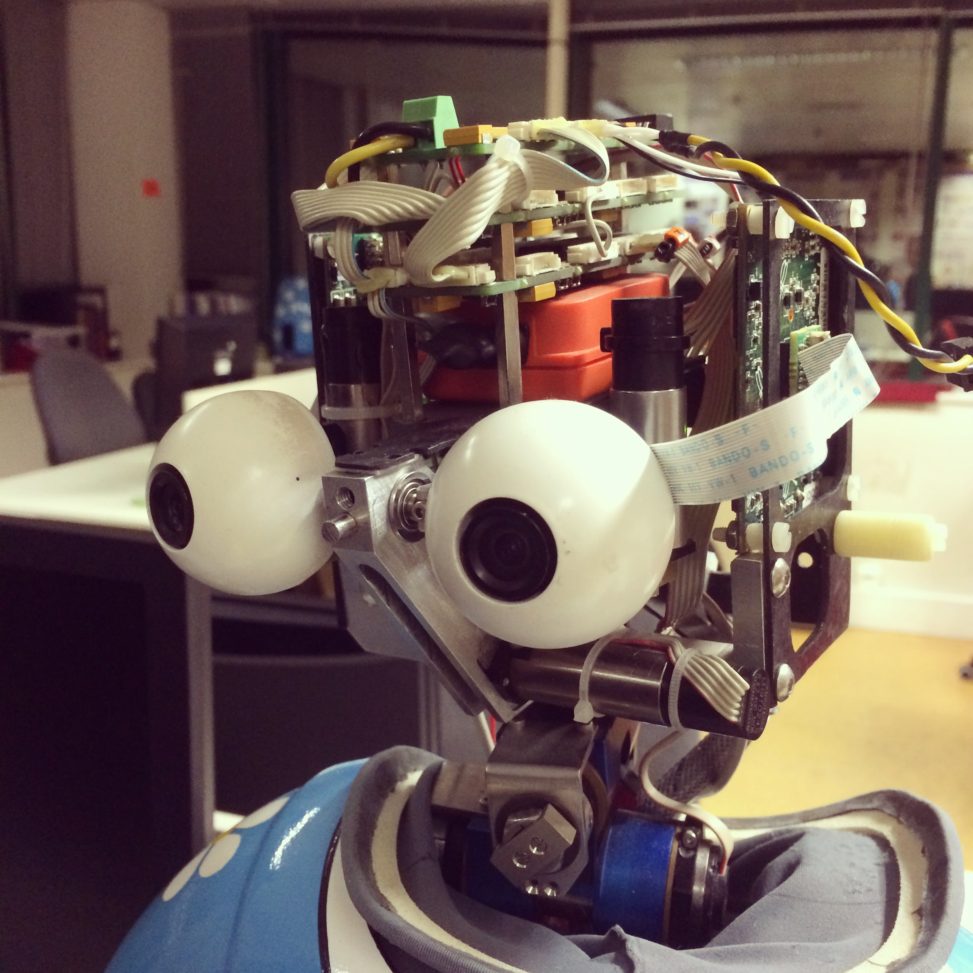This is the time of year when, after completing their exams, many young people have to make decisions about their future. I don’t know if the reader belongs to this group, but if not, it may be a good idea to think about it or, if you are from an older generation, to reflect on how your experience can help those who need advice. I would like to share two questions from higher education candidates that may help you.
Am I smart enough?
Many people find it surprising that even students with good results in secondary education have doubts about their ability to succeed in higher education, but this fear is well-founded. Professor James Flynn devoted his career to studying intelligence, and one of his studies was to measure the ability of students to use logic and basic knowledge of their field of study to solve real-life problems. He was surprised to find no correlation between this ability and the student’s GPA.
The confirmation of the candidates’ intellectual ability can be validated in another work by the same professor, known as the Flynn effect. The most common way to measure intelligence uses the so-called IQ, or intelligence quotient, that is based fon a set of standardized tests. The quotient is adjusted so that its average is 100 and that two-thirds of the population has an intelligence quotient between 85 and 115. Standardized tests include problems of abstract reasoning, arithmetic, vocabulary, and general culture. In 1981 Flynn found a 30-year-old article that stated that a WWI soldier with a 50th percentile intelligence would be in the 22nd percentile when compared to WWII soldiers. It also found that the classification of IQ tests has to be periodically normalized to keep the average at 100. This need for correction, the Flynn effect, is documented in over 30 countries and, according to some authors, may correspond to an increase of 3 points every 10 years. This would mean that a young candidate to be an engineering student at Técnico with an average IQ value would be included in the 2% of the smartest youth group 108 years ago when the school was founded.
What is the risk of my future profession being “automated”?
One of the most interesting moments in the documentary about the Go tournament between Korean champion Lee Sedol and Google DeepMind’s AlphaGo computer program is the expression of the Grand Master’s incredulity after the first defeat. In a country where this game is extremely popular, Lee Sedol, who devoted most of his life to studying the game, had announced that he expected to win all 5 matches. It ended up winning only one. If a computer program can learn to play a game with the combinatorial explosion of Go, is there any profession that isn’t at risk of being automated?
The answer is that Go, despite having a very high number of possible board configurations, has a very small set of rules. It is this restriction and the possibility of unlimited repetition of the game that allowed the development of a system that, learning to play with itself, beat the human player. Thus, activities that improve on past knowledge and are expected to vary little in the future are more likely to be automated.
Since the work on the Flynn effect was published in 1987, several explanations for its cause have emerged. The result seems to be more influenced by the components related to abstract tasks. A group of Estonian researchers compared schoolchildren’s comprehension of words in 1930 and 2006, noting that progress was observed in words such as “law”, “citizen” or “commitment”. Progress seems to promote the generalization of abstract concepts that in previous generations were exclusive to a minority of scholars. Such is the case with ‘computational thinking’, the algorithmic way of solving complex problems, identified as a skill as useful for the present generation as mathematics and physics.
It is the capacity for abstraction and generalization that gives a professional the ability to transfer his knowledge to different domains or to new and unexpected situations. The PageRank algorithm used by Google to determine the relevance of a web page is but an application of the principle used to determine the relevance of a scientific article by counting the number of citations other articles make to it. The mechanisms for knowledge transfer through abstraction and generalization are all the more difficult to automate the more different domains or variety of situations. It is therefore natural that tasks involving new problems or multiple domains of knowledge have greater difficulty in being automated. On the other hand, professionals with the ability of abstraction, generalization and knowledge of various domains have less risks of professional obsolescence.
This confrontation between specialists and generalists is the subject of David Epstein’s “Range: Why Generalists Triumph in a Specialized World”. Like James Flynn, the author argues for the need for a more focused education in the development of critical intelligence. Students should be taught to think before teaching them what to think. By the way, if your teacher tells you that the class from 10 ago was much better than your class, remind him or her of the Flynn effect.

 Português
Português